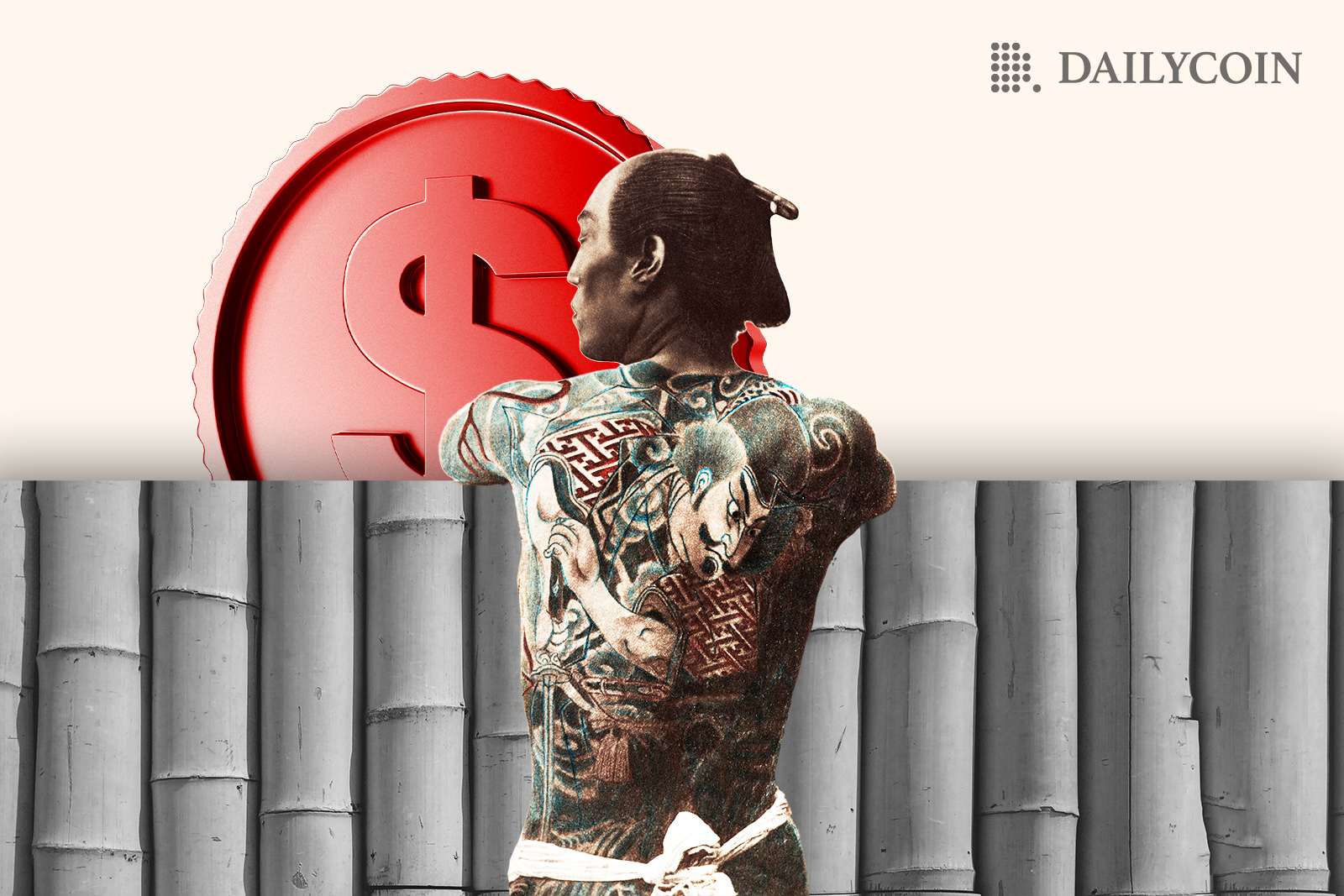
- Japan’s Financial Services Agency (FSA) is working on lifting the ban on the domestic distribution of stablecoins.
- Japan’s new regulations, allowing investors to trade using stablecoins like Tether (USDT), are expected to be adopted no later than June 2023.
- The FSA will only allow foreign stablecoins that successfully pass individual checks ensuring they are safe from the viewpoint of user protection.
The Financial Services Agency of Japan confirmed it would lift the ban on the domestic use of foreign stablecoins in 2023. However, there is no information on which stablecoins will be allowed. The new bill, which will permit the trade of stablecoins, is expected to be implemented by June 2023. This comes a year after the decision to ban foreign stablecoins.
Background on the Ban
In June 2022, Japan’s parliament passed legislation prohibiting foreign stablecoins and mandating that stablecoin issuers only link their cryptocurrencies to the Japanese yen or another recognized legal tender. Perhaps influenced by the measures, crypto exchanges Kraken and Coinbase have since elected to cease operations in Japan, citing weak market conditions.
FSA’s Stance on Stablecoins
The Japanese Regulator’s new guidelines will require stablecoin issuers to pass individual checks for user protection before approval. These checks will ensure that foreign issuers comply with regulations in Japan and that underlying assets are properly safeguarded.
Sponsored
"This does not mean that all foreign products of so-called ‘stablecoins’ will be allowed without any restriction," a spokesperson for Japan's FSA said in a statement. "FSA does not provide any opportunity to access such information before the decision is made,” the representative added.
Japan’s new stablecoin regulations are part of the proposed cabinet orders and cabinet office ordinances on the amendment to the Payment Services Act of 2022. Introduced in December 2022, the new rules aim to establish requirements for electronic payment instruments and develop the related registration procedures.
The FSA will accept public comments regarding the Payment Services Act changes until January 31st, 2023. Per the statement, the law enforcement deadline is early June 2023.
On the Flipside
- The FSA of Japan has not disclosed the criteria or process for approving stablecoins for domestic distribution. This makes it challenging for issuers and investors to comprehend the requirements and potential obstacles to entry.
- Small and new projects are unlikely to have the resources necessary to provide the collateral required to enter the Japanese market under the new regulations.
- The Japanese Regulators have openly stated they would not disclose the selection process for these stablecoins. The lack of transparency also makes it difficult to ensure that the approval process is fair and objective.
Why You Should Care
As a major player in the global crypto market, Japan’s decision to lift the ban on the domestic distribution of stablecoins is of great significance as it will shape the future of stablecoins in the country.
Sponsored
The measure highlights the growing role of governments and regulatory bodies in the crypto market. They aim to establish clear regulations and guidelines for ensuring user protection and promoting stability in the industry.
For additional information on Japan’s stablecoin regulations:
Japan to Revoke Ban on Foreign Stablecoins in 2023: Report – DailyCoin
For more on exchanges pulling operations in Japan:
Why Is Coinbase Pulling out of Japan? – DailyCoin

